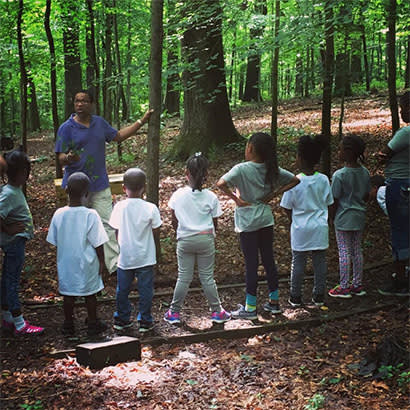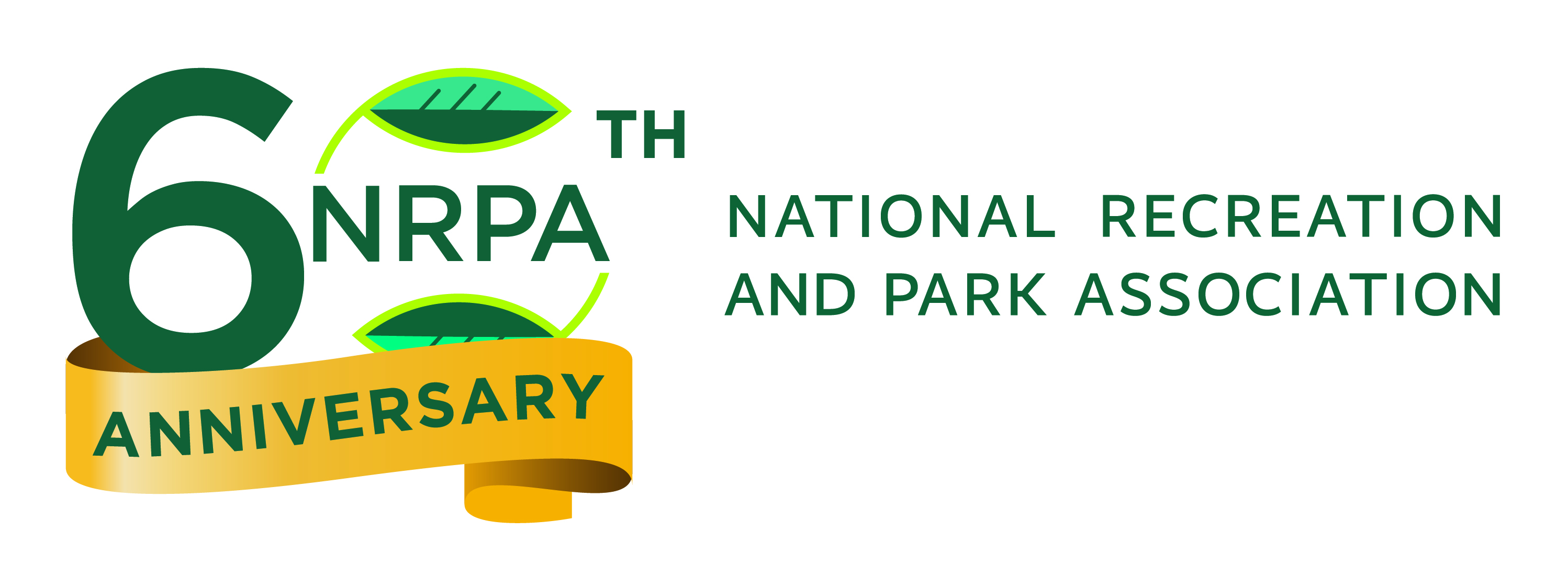
According to the Merriam-Webster Dictionary, conservation can be defined as the “careful preservation and protection of something.” While the general dialogue on conservation has focused on natural resources, conserving and enhancing the highest expression of an inclusive and diverse social fabric are equally important. Whether it’s the tenants of the “beloved community” described by Dr. Martin Luther King Jr. or today’s need for social equity, we are reminded that places and the experiences that we have in them matter. This understanding can also relate to our perception and value of parks and recreation. A recent article in the International Journal of Environmental Research and Public Health describes the potential to enhance social cohesion and public health through access and engagement in urban parks. Social cohesion has been defined in many ways, yet it often involves the interpersonal dynamics, values and processes that support feelings of trust and belonging. As you can imagine, the presence of positive social cohesion is tied to the social ecosystem that we have or possess the potential to create.
In the words of Dr. Martin Luther King Jr., “Injustice anywhere is a threat to justice everywhere. We are caught in an inescapable network of mutuality, tied in a single garment of destiny. Whatever affects one directly, affects all indirectly.” Hence, conserving the tenants of social justice and equity can be described as a moral imperative. As natural systems have taught us the interconnected dynamic of ecosystems, social systems that reflect justice and equity are critical to truly reach a sustainable destiny. Quality communities and the ability to stay in them support the vision of social equity. This mindset recognizes that we are all part of a larger ecosystem whose components are intricately connected. Consequently, we cannot afford for social equity to be an accessory in our environmental vision, it must be a critical ingredient infused from the onset.
Seeing Communities in a New Light
Many organizations are energizing their communities through a social equity lens and urban green spaces. For example, the West Atlanta Watershed Alliance (WAWA) is grounded in a mission to improve the quality of life within the West Atlanta Watershed by protecting, preserving and restoring its community’s natural resources. This Georgia community-based organization was established as result of community efforts to halt discriminatory wastewater treatment practices in West Atlanta, and it has grown to become an impactful force in community-centered sustainable development. For more than 20 years, WAWA has pioneered efforts to advance culturally relevant environmental education, community science and authentic community engagement in watershed and green space protection, and to advance environmental justice in Northwest and Southwest Atlanta neighborhoods. In 2012, the organization launched the Atlanta Children’s Forest Network in collaboration with the U.S. Forest Service and the U.S. Environmental Protection Agency. This includes more than 350 acres of publicly owned green space in Southwest Atlanta to increase visitation, provide non-formal environmental education, hands-on land and water stewardship, and programs that promote physical activity in the outdoors for underserved communities. Through its efforts, WAWA has dramatically expanded environmental education, outdoor recreation and other opportunities for diverse populations to meet others, connect with natural resources and become stewards of their community.
WAWA’s chair, Dr. Na’Taki Osborne Jelks, remarks, “Conservation presents an opportunity to not only preserve natural resources, but our health and quality of life. WAWA believes that a healthy environment is important for a healthy community. I’ve seen how community-centered opportunities for environmental education and recreation have enriched the way people interact with one another. Our outdoor events allow kids to meet new friends, for families to reconnect with each other and the natural world, as well as become more engaged in broader community issues.” With concerns of social isolation and limited time spent outdoors, reimagining conservation and social equity can serve us well. The spirit of social equity has the compassion to see another’s experience, listen to needs that should be accessible to all and find the courage to bring about a new reality.
Viniece Jennings, Ph.D., is a Senior Fellow at the Environmental Leadership Program. Na'Taki Osborne Jelks, Ph.D., MPH, is Co-Founder and Board Chairperson at West Atlanta Watershed Alliance.


